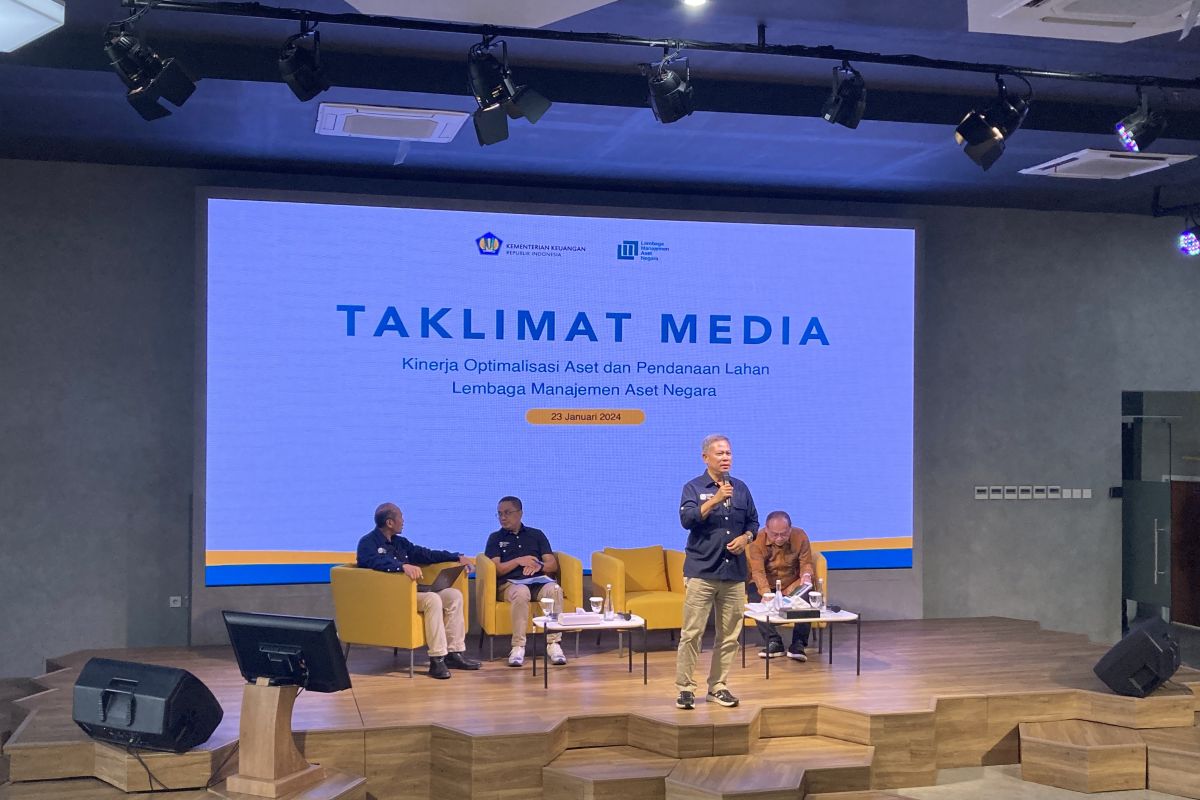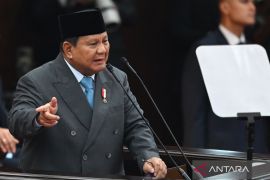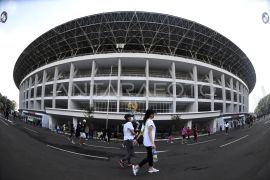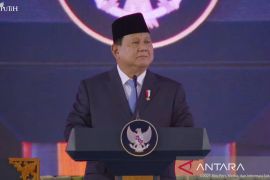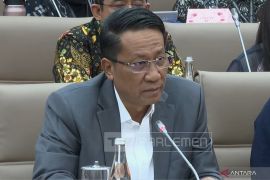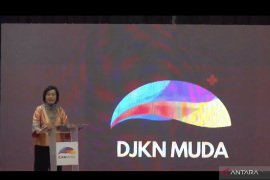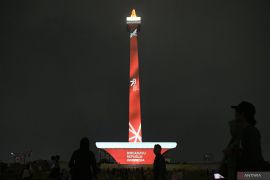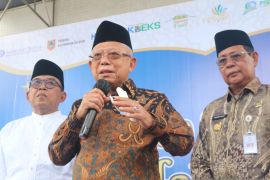"During 2023, the PNBP collected was Rp3.7 trillion, an increase of 48 percent as compared to 2022," LMAN Main Director Basuki Purwadi stated during a media briefing in Jakarta on Tuesday.
This value comprises treasury realization of Rp2.5 trillion (around US$159 million) and property realization of Rp1.2 trillion (around US$76 million).
Overall, LMAN manages 302 assets, comprising the Arun LNG Plant, Badak LNG Plant, 151 apartment units, 105 shophouses and warehouses, 16 buildings, 20 acres of land, and eight houses.
Some 115 assets have been optimized at financial closing that includes 52 apartment units and 63 non-apartment units.
Meanwhile, the number of assets ready to market is 47, comprising 35 apartment units and 12 non-apartment units.
Of the remainder, 27 units are still in the construction process, four units are in actual condition, and 107 units are in pre-development.
In addition to realizing PNBP, the LMAN made cost savings, with a realized value of Rp111 billion (US$7 million). The funds are collected from the management of LMAN assets that are used to support the activities of ministries and government agencies.
Furthermore, LMAN assets are used by certain partners without charging fees, such as for MSMEs. For these activities, LMAN supports the multiplier effect for socio-economic benefits that have been quantified in 2023 to reach Rp51 billion (US$3 million).
"Hence, in total, there is Rp3.7 trillion (around US$236 million) for PNBP, Rp111 billion (US$7 million) for cost savings, and Rp51 billion (US$3 million) for socio-economic benefits," Basuki remarked.
Related news: Digitalization of port services through Inaportnet boosts PNBP: Govt
On the same occasion, Director General of State Assets (DJKN) Rionald Silaban stated that LMAN is a public service agency under DJKN that has a strategic role. In future, LMAN will continue to strengthen its role, including in providing socio-economic impacts for society.
Finance Minister Sri Mulyani Indrawati had earlier urged young officials at the Directorate General of State Assets (DJKN) to learn to manage state assets in a dynamic manner.
"As officials of the DJKN, you are labeled as the managers of state assets. At the same time, as officials of the Ministry of Finance, you are not merely expected to manage the assets statically, but you need to have a dynamic spirit," she remarked.
She expressed hope that the younger generation of DJKN officials would have the tenacity to create "value out of value" for state assets, such as emotional, historical, and nationalistic values.
As the managers of state assets, young DJKN officials are expected to pay attention to other aspects to identify and highlight the added value of existing assets, she added.
Indrawati remarked that one of the most difficult tasks of DJKN officials, as policy makers, is observing data and trends that can be taken into account in the policy-making process.
In policy-making, young officials at DJKN should wield the capability to formulate anticipatory policies, she stated.
Despite having enormous potential, the younger generation faces several challenges, including increasingly fierce global competition, rapid developments in technology, and adverse impacts of climate change, she pointed out.
Competency is the key to overcoming the challenges, she affirmed.
"Hence, you should learn to become competent, including through participating in training activities, learning from disappointment, experiencing successes, and also learning from failures," Indrawati emphasized.
Related news: Kominfo Ministry targets PNBP to reach Rp25.7 trillion by 2023
Translator: Silfia, Azis Kurmala
Editor: Yuni Arisandy Sinaga
Copyright © ANTARA 2024
